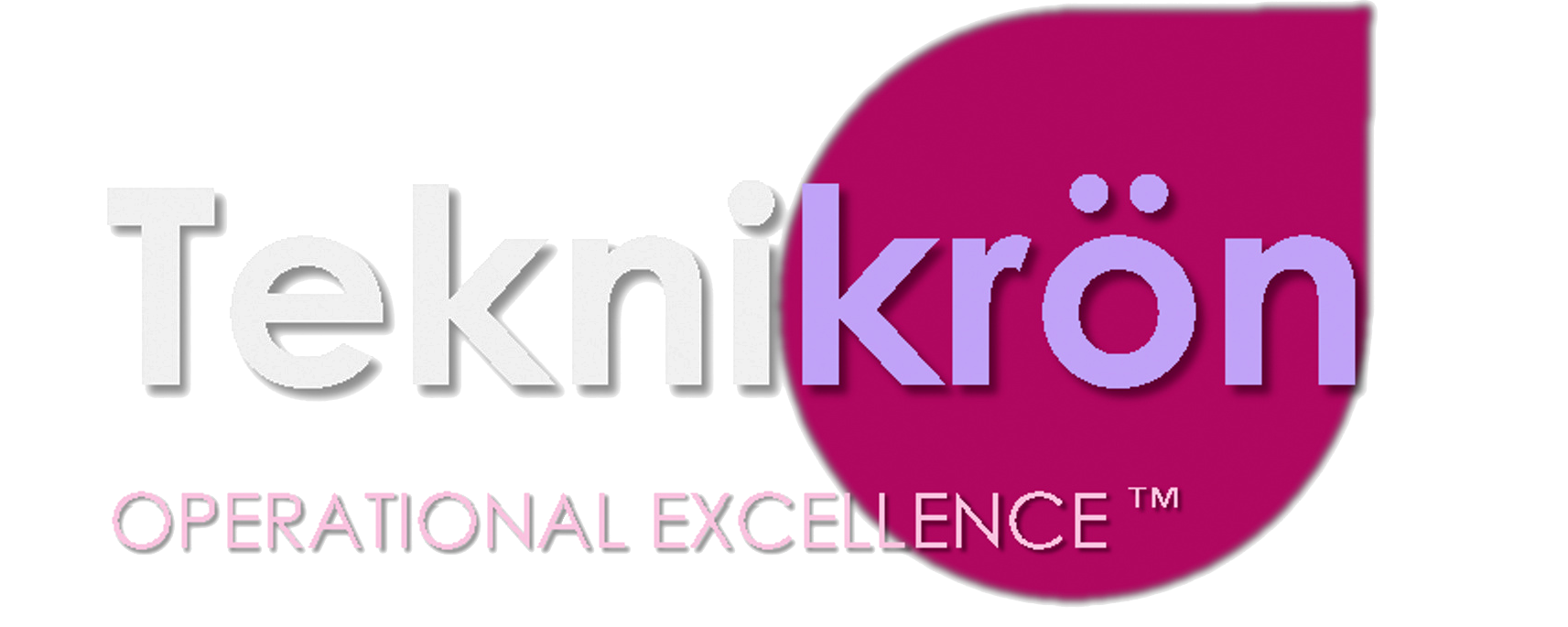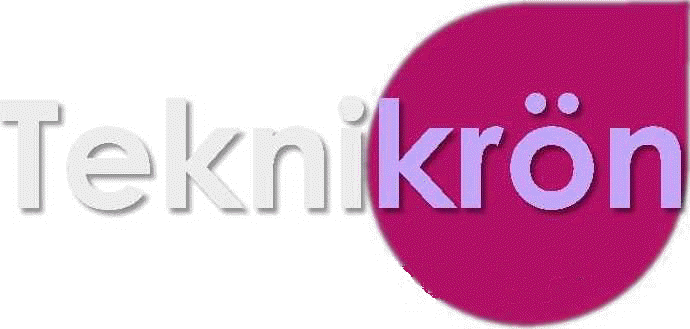Productivity
Are machines better than humans?
Yes and No, it depends on what needs to be done, because
there is a place and time for both.
As a rule, nowadays, if the task is routine and had a step-by-step
logic that can be programmed, then machines outperform
humans hands-down. If the activity is complex requiring
original and creative thought, or interpersonal skills, then
humans trump machines. Merging man and machine is thrusting
productivity into a new dimension. Automation is being used
to streamline internal operations, automate production, and
changing the way we think and work, freeing humans from
mundane tasks and creating the opportunity for them to get
engaged in higher value activities.
Instead of pitting "man vs. machine", leaders would do well
to think of 'Man AND Machine.' Since the dawn of mankind, man
adapted to his or her environment with tools. Without tools,
man is at a distinct disadvantage to other animals. It is
tools, and the ability to create new tools, that elevate man
to the top of the evolutionary chain.
Machines are fast approaching a tipping point where human
muscles will be obsolete in the workplace. Artificial
Intelligence (AI) threatens less-than-creative roles too.
Chess grand masters fell to Deep Blue, and IBM's
Watson beat us at Jeopardy. AI is screaming right
at us like a speeding freight train. Instead of getting
run-over, leaders need to harness the power of AI. Leaders
also have a vested interest in retraining their displaced
human resources who are willing to be
retrained to play new roles
that support existing directions, or new ones, including but
not limited to venturing into new markets.
Why would leaders want to invest in retraining their displaced human resources who are willing to be retrained? It is because the most time consuming, and expensive, aspect of on-boarding (indoctrination, to some) of new employees, is them adapting to the company's culture, network, and communication style. We have seen such an adaptation take upwards of 24-months in many cases; this inefficiency will quickly translate into rising operational costs.
Information is exploding exponentially and the era of "Big Data" is here. Analytics must be used to generate a deep understanding of consumers, of course pending that the logic is sound. Processing power must be integrated to create "Smart" products. And, business operations must be streamlined to match competitor initiatives. Today's best practices will be tomorrow's price of entry.
The rush to automate rages on. The production of
more goods and services with fewer hours worked, by
people, allows for fewer workers, and eventually
higher profits -pending the existence of a sound
business strategy and fabric.
Automation either augments or replaces human
workers. What works best is largely determined by
the company's industry as well as management's
ambitions. In many industries, competition is
forcing companies to adopt automation to simply
remain viable, yet alone achieve a competitive
advantage. E-commerce and mobilization radically
changed several business landscapes. Consider what
Amazon did to retail. Mobilization is also reshaping
customer expectations. Consumer's are now connected
in ways never imagined a decade ago.
So, what can executives do?
1) Scan the business horizon for upcoming
technological changes.
2) Rethink the business and organization in light of real-time capabilities.
3) Keep close tabs on competitor moves.
4) Create business strategies to preempt competitor moves.
5) Accelerate change throughout the organization. Speed can literally make your business, or break it! Know when, where, and how to accelerate.
6) Invest in your human resources by retraining, and taking into consideration cognitive, organizational, as well as physical ergonomics.
7) Have an objective view-point of the
competition, emerging technologies, etc.
Teknikrön,
can help you stay focused, and not lose site of the
forest for the trees.








